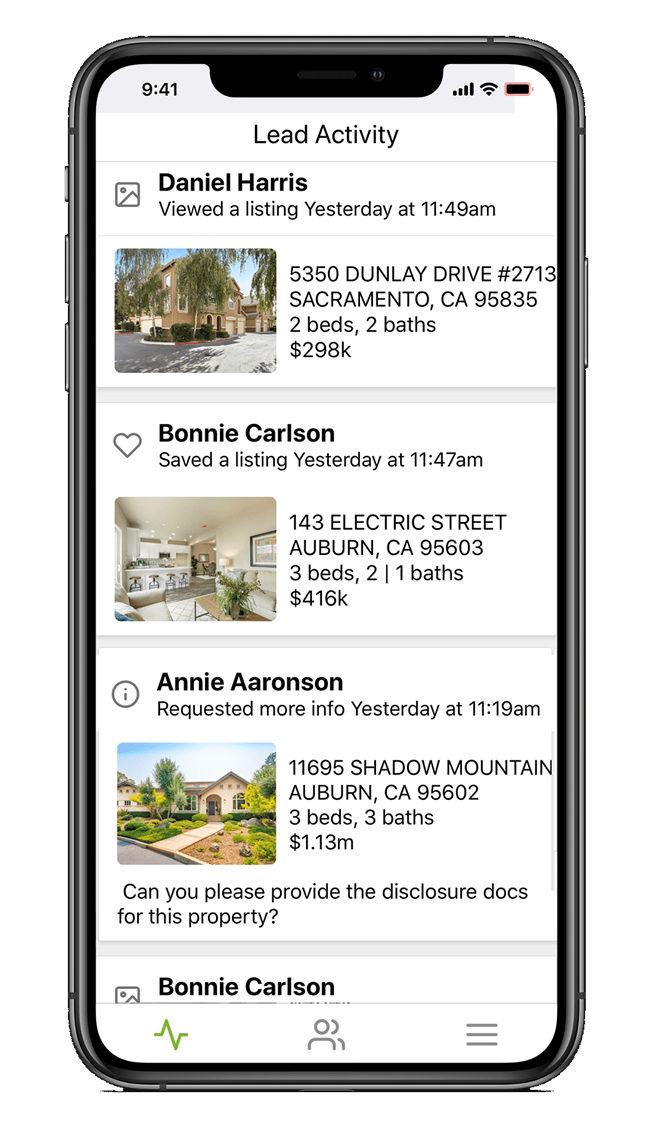In today’s digital age, the real estate landscape has undergone a significant transformation. Long gone are the days of flipping through classifieds or driving around neighborhoods in search of “For Sale” signs. The internet has revolutionized the way we buy and sell homes, and one of the key technologies driving this change is the IDX feed.
What is an IDX Feed?
IDX, or Internet Data Exchange, is a system that allows real estate professionals to display real-time property listings from the Multiple Listing Service (MLS) directly on their websites. The MLS is a comprehensive database used by real estate agents to share information about properties that are for sale or rent. IDX feeds enable agents to showcase these listings on their own websites, providing potential buyers with a seamless and user-friendly way to browse available properties.
Why are IDX Feeds Important?
- Enhanced User Experience: IDX feeds create a win-win situation for both real estate agents and potential buyers. For agents, they can provide an interactive and visually appealing property search experience for visitors to their websites. Buyers benefit from a unified platform that aggregates listings from various sources, allowing them to conveniently explore properties based on their preferences.
- Updated and Accurate Data: IDX feeds are typically updated in real time, ensuring that the property listings displayed on an agent’s website are always current. This helps to eliminate the frustration of discovering that a property is no longer available or that the information provided is outdated.
- Increased Engagement: With IDX feeds, websites become a hub of information for property seekers. Engaging features like detailed property descriptions, high-quality images, interactive maps, and virtual tours can keep users on the website longer, increasing the chances of them finding the perfect property.
- Lead Generation: IDX feeds offer a valuable tool for lead generation. When users search for properties, they may be required to provide their contact information, allowing agents to follow up with potential clients. This leads to more personalized interactions and the opportunity to build lasting relationships.
- Local Authority: Real estate agents who implement IDX feeds on their websites position themselves as local authorities in the real estate market. By offering comprehensive and up-to-date property information, they establish credibility and expertise in their field.
Challenges and Considerations
While IDX feeds offer numerous benefits, there are some challenges and considerations that real estate professionals need to be aware of:
- Technical Implementation: Integrating an IDX feed into a website can be a technical endeavor, requiring knowledge of web development and APIs. Many real estate agents choose to work with IDX providers or web developers to ensure a smooth implementation.
- Data Regulations: Depending on the region, there might be data-sharing regulations and privacy concerns that need to be taken into account when using IDX feeds. Ensuring compliance with data protection laws is essential.
- Costs: Access to IDX feeds may come with associated costs, including licensing fees and ongoing maintenance expenses. Agents should weigh these costs against the potential benefits before making a decision.
- Customization: While many IDX providers offer customizable options, there may still be limitations in terms of design and layout. Finding a balance between showcasing listings and maintaining the branding of the agent’s website is important.
In Conclusion
IDX feeds have revolutionized the way real estate professionals market properties and connect with potential buyers. By offering an enriched user experience, updated data, and valuable lead generation opportunities, these feeds have become an indispensable tool in the digital age of real estate. While challenges exist, the benefits far outweigh the drawbacks, making IDX feeds an essential component of any modern real estate agent’s online presence.
